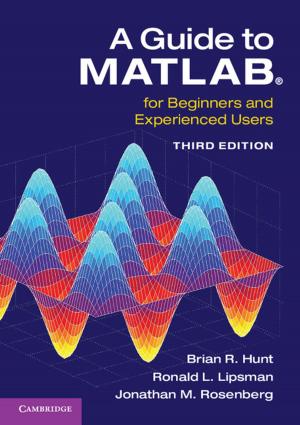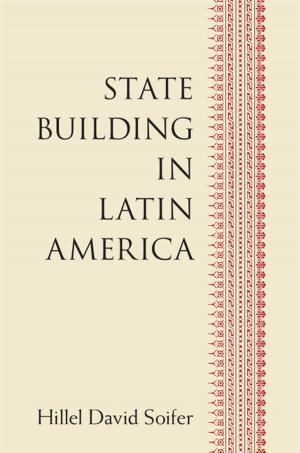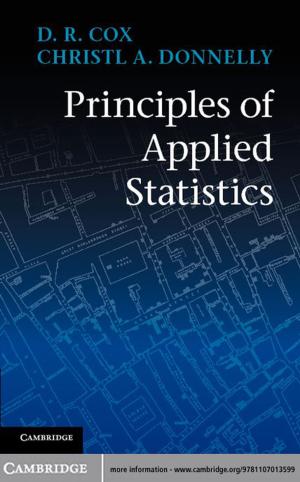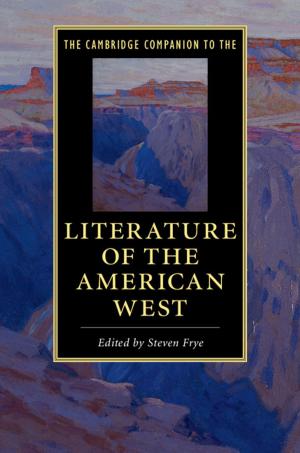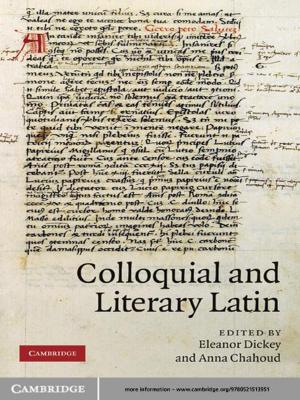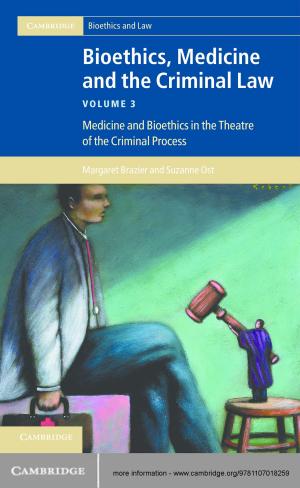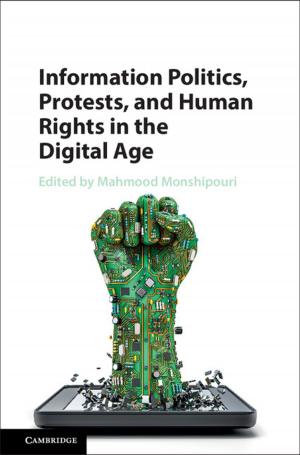Public Participation and Legitimacy in the WTO
Nonfiction, Reference & Language, Law, Commercial, International| Author: | Yves Bonzon | ISBN: | 9781316054727 |
| Publisher: | Cambridge University Press | Publication: | October 9, 2014 |
| Imprint: | Cambridge University Press | Language: | English |
| Author: | Yves Bonzon |
| ISBN: | 9781316054727 |
| Publisher: | Cambridge University Press |
| Publication: | October 9, 2014 |
| Imprint: | Cambridge University Press |
| Language: | English |
The legitimacy of the WTO's decision-making process has always been questioned, and many have advocated public participation mechanisms as a remedy. Yves Bonzon considers the limits and potential of these mechanisms by advancing a conceptual framework which distinguishes the four 'implementation parameters' of public participation: the goal, the object, the modalities, and the actors. He addresses the issue of legitimacy by considering to what extent, and by virtue of which legal developments, one can see implementing the democratic principle as a goal for public participation in the context of the WTO. By analysing the institutional structure of the WTO and its different types of decisions, he then outlines how this goal should influence the object and modalities of public participation, which decision-making procedures should be opened to public participation, and how the mechanisms should be implemented in practice. Finally, he suggests specific amendments to existing WTO arrangements on public participation.
The legitimacy of the WTO's decision-making process has always been questioned, and many have advocated public participation mechanisms as a remedy. Yves Bonzon considers the limits and potential of these mechanisms by advancing a conceptual framework which distinguishes the four 'implementation parameters' of public participation: the goal, the object, the modalities, and the actors. He addresses the issue of legitimacy by considering to what extent, and by virtue of which legal developments, one can see implementing the democratic principle as a goal for public participation in the context of the WTO. By analysing the institutional structure of the WTO and its different types of decisions, he then outlines how this goal should influence the object and modalities of public participation, which decision-making procedures should be opened to public participation, and how the mechanisms should be implemented in practice. Finally, he suggests specific amendments to existing WTO arrangements on public participation.


